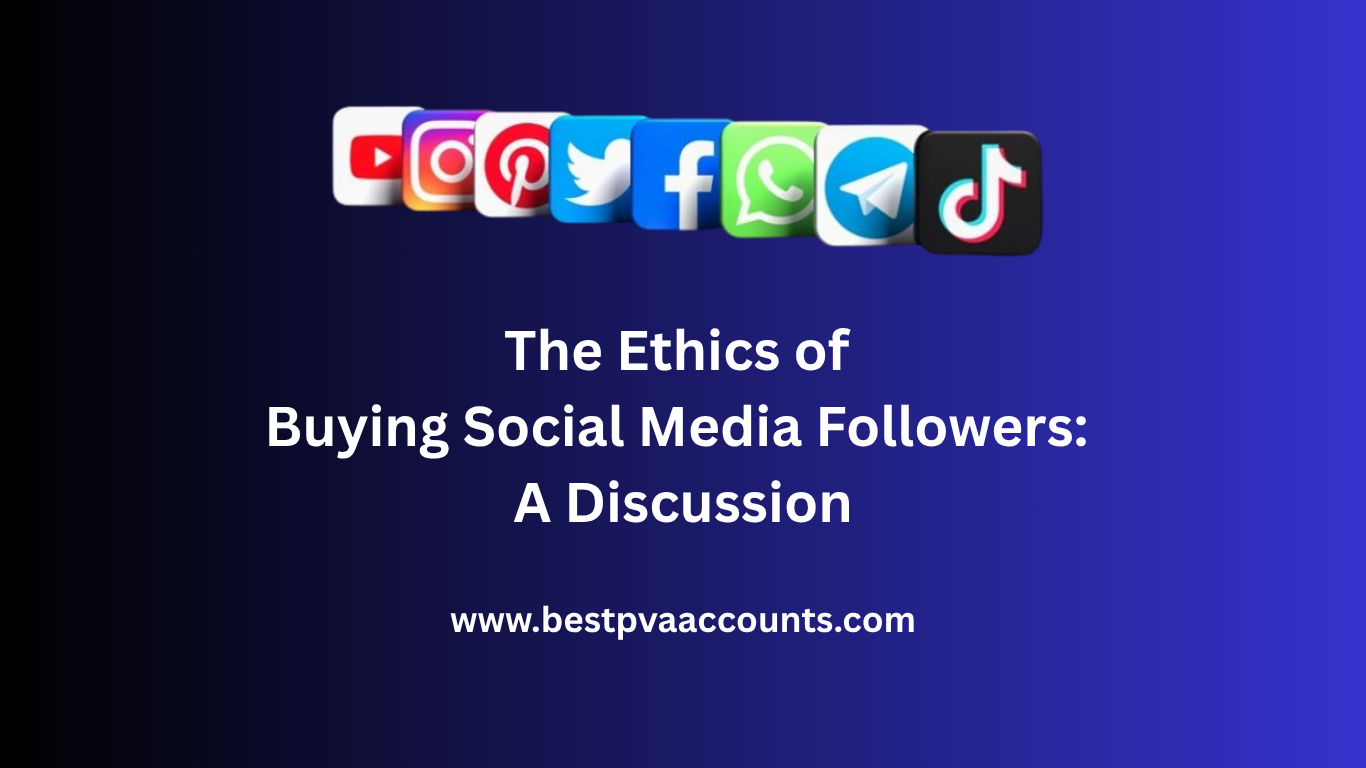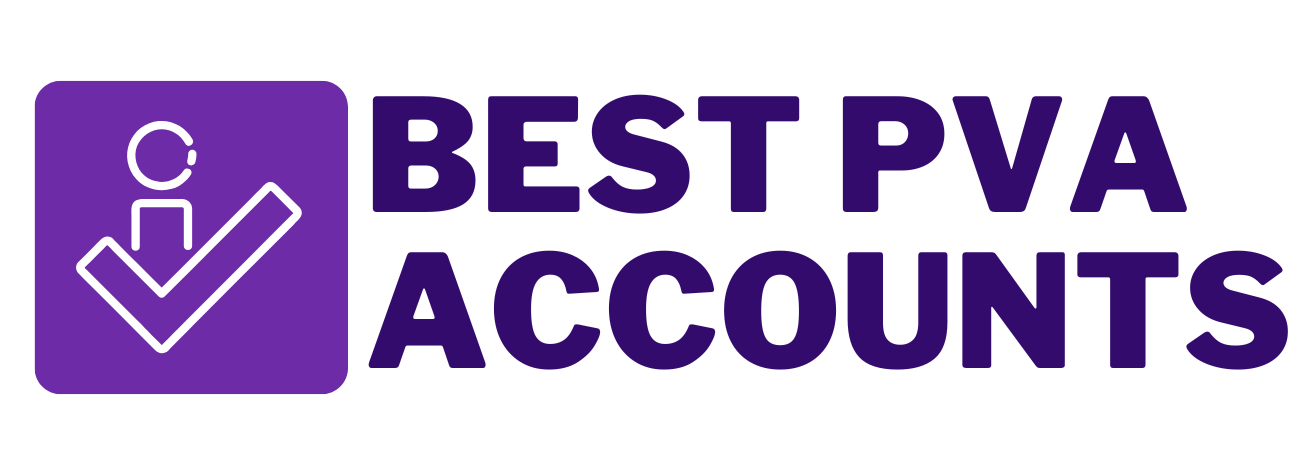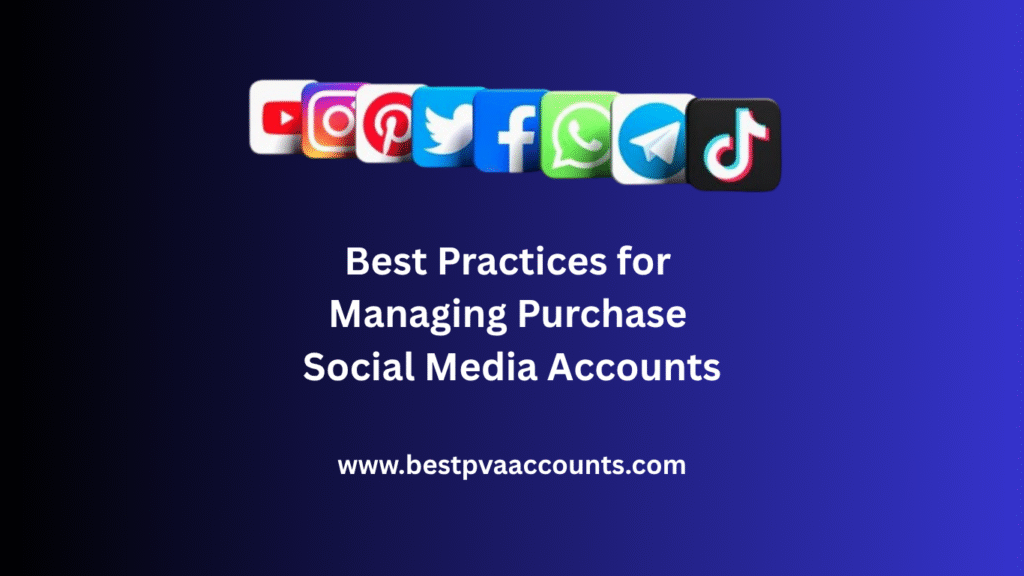The Ethics of Buying Social Media Followers: A Discussion

Buying social media followers is the modern marketplace of ideas, products, and influence. Companies, influencers, and everyday users constantly seek to grow their online presence.
In this race for visibility, some turn to questionable methods like Buying social media followers from trusted sites. But is this strategy ethical, and what are the potential risks and consequences?
Let’s explore the ethics behind buying followers, balancing authenticity with growth, and the industry standards that guide these practices.
Ethics in Marketing
- Marketing has always involved persuasive tactics to attract and retain customers.
- Ethical marketing means doing so responsibly and honestly, respecting consumers’ rights and dignity.
- With digital marketing’s rise, the boundaries of ethical behavior have become more fluid, particularly around controversial practices like Purchase social media accounts followers. But why is this practice contentious?
- In essence, buying followers involves paying for fake or inactive accounts to boost your follower count.
- This tactic might seem like an easy way to enhance credibility and attract organic followers, but the ethical implications are far-reaching. Consumers today are savvy and value transparency.
- They can sniff out disingenuous behavior from a mile away.
- The ethics of buying social media followers. Therefore, isn’t just a moral question but a practical one, affecting long-term trust and engagement.
Potential Risks and Consequences
- While the allure of instant follower growth can be tempting, it’s essential to consider the risks and consequences.
- Firstly, purchased followers do not engage with your content. Engagement rates plummet, signaling to genuine followers and algorithmic platforms that your content lacks value.
- This can harm your brand’s reputation and diminish organic reach.
- Secondly, platforms like Instagram, Twitter, and Facebook actively discourage and penalize the practice of buying followers.
- They implement algorithms to detect and remove fake accounts, leading to sudden drops in follower counts and potential account suspensions. This damages your brand and wastes resources spent on purchasing these followers.
- Lastly, businesses risk legal ramifications in some jurisdictions where deceptive marketing practices can result in fines and legal action buying social media followers.
- This threat further emphasizes the need to weigh the perceived short-term benefits against long-term risks.
Balancing Authenticity and Growth
- Building a genuine online presence is about more than just numbers. To build loyalty and trust with your audience, you must be genuine.
- While slow and steady organic growth might seem less glamorous, it yields higher engagement and customer satisfaction.
- To balance authenticity with growth, focus on producing high-quality content that resonates with your audience.
- Utilize organic growth strategies like engaging with followers, collaborating with influencers, Buy social media followers and running targeted ad campaigns.
- These methods may take longer but offer sustainable, meaningful growth without compromising your brand’s integrity.
- Transparency also plays a critical role. Be upfront about your business practices and show the real human side of your brand.
- Authenticity will naturally attract followers who genuinely care about your content, resulting in more engagement and a loyal community.
Industry Standards and Practices
- The marketing industry continuously evolves, with standards and practices reflecting changes in technology and consumer behavior.
- Many industry bodies and regulatory agencies advocate for ethical practices, emphasizing transparency, honesty, and fairness.
- Notably, the Federal Trade Commission (FTC) in the United States has guidelines that require influencers and brands to disclose paid endorsements.
- This principle extends to buying followers. If your follower count is inflated through inorganic means, you could be skirting ethical guidelines and potentially legal boundaries.
- By adhering to industry standards, businesses not only comply with regulations but also build a more trustworthy and respected presence in their market.
Case Studies of Ethical Challenges in Buying Social Media Followers
To better understand the ethical challenges surrounding the purchase of social media followers, let’s examine a few case studies that illustrate the consequences companies and influencers have faced due to this practice.
One high-profile example is the incident involving a well-known influencer who, in an attempt to boost her online presence, purchased followers through an illicit service.
While her follower count skyrocketed, engagement on her posts remained dismally low. The discrepancy quickly became evident, resulting in public backlash from her audience, who felt duped by the facade. As trust eroded, her brand partnerships began to dwindle, leaving her to grapple with not just a tarnished reputation, but also significant financial losses.
This case underscores the importance of maintaining credibility and the lasting impact that unethical practices can have on one’s career. Similarly, a popular fitness brand opted to enhance its social media profile by buying followers as part of a rapid marketing push. Initially, this decision seemed beneficial.
These examples highlight that while the allure of immediate follower growth can be tempting, buying Social media followers the long-term consequences often outweigh the short-term benefits.
They serve as a cautionary tale for both individuals and brands, reinforcing the need to prioritize ethical practices in the quest for social media success.
Strategies for Ethical Growth
- To foster an organic and ethical growth strategy, businesses must prioritize authenticity and audience engagement.
- One key approach is to leverage user-generated content (UGC), which not only enhances community involvement but also showcases genuine interactions with the brand.
- Encouraging customers to share their experiences and tagging the brand can lead to a wealth of authentic content that resonates with both existing and prospective followers.
- Another effective strategy is to invest in storytelling. Brands that share their journey, values, and the people behind the scenes create a relatable and human connection with their audience.
- This insight allows for tailor-made content that speaks directly to their audience, further enhancing engagement and loyalty.
- Finally, collaboration is a powerful tool. Partnering with like-minded brands or influencers who share similar values can amplify your message while attracting a wider audience.
- These partnerships, based on genuine alignment and mutual benefit, can enhance trust and credibility, creating a more rich and engaging community around your brand.
Final Thoughts
The ethics of buying social media followers is multi-faceted, involving considerations of authenticity, potential risks, and industry standards.
While the temptation for quick gains is understandable, the long-term consequences often outweigh any short-lived benefits.
By focusing on authentic engagement and adhering to ethical marketing practices, businesses can build strong, genuine relationships with their audience, fostering trust and loyalty.
For those looking to grow their online presence responsibly, resources and tools are available to help you succeed. Ethical marketing is not just the right thing to do.
Explore more about responsible Buying social media followers and make informed decisions that align with your brand’s values and long-term goals













